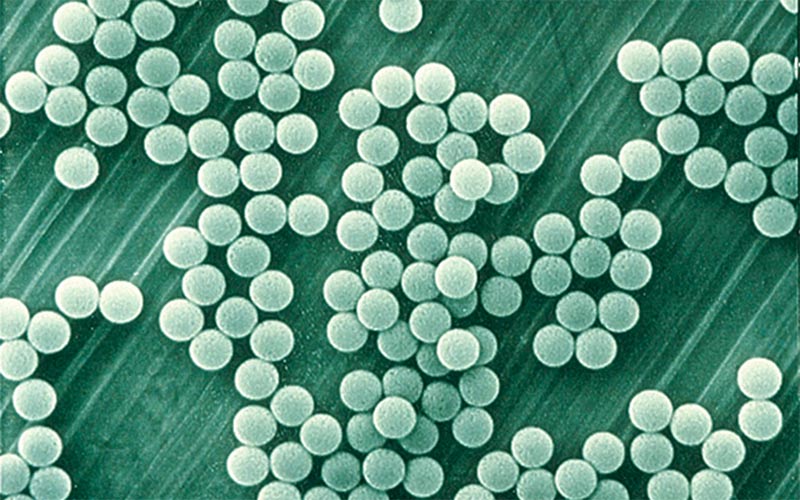In anticipation of the upcoming visits by Plastic Tides and 5 Gyres, two of a number of organizations working actively on the issue of micro-plastics and microbeads in the world’s oceans, the Bermuda Environmental Sustainability Taskforce (BEST) has joined with members of the Bermuda community to launch our own campaign to Beat the Bead Bermuda.
We are urging consumers to ‘choose to refuse’ to purchase any personal care products containing microbeads or other plasticizers. See the campaign description below.
A letter has also been sent to local organizations that import, distribute or sell personal care products, asking for their participation in this effort to stop making any of those products available for sale in Bermuda.
A campaign to avoid a few toxic ingredients in personal care products that are damaging our ocean, our water and our food supply.
The worldwide use of plastic in the consumer goods market has been exploding since 1948, so much so that plastic, one of the most durable, man-made substances, is now being used for throwaway goods. The result is that the disposal of plastic has become a nightmare, both for us and for our environment. Plastic could easily sit in a landfill for thousands of years without decomposing, but what is particularly worrying is that much of our plastic waste is clogging up our oceans and waterways, breaking down into tiny micro-particles that bind to other chemical pollutants to create pieces of highly-concentrated toxic waste.
One source of these micro-plastics is the microbeads that are put into many common personal care products including facial washes and even, believe it or not, certain toothpastes. These tiny particles of plastic are hardly visible to the naked eye but flow straight down our bathroom drains into our sewer systems or cesspits and, ultimately, into the ocean. Wastewater treatment plants are not designed to filter them out and, not being biodegradable, they end up in the ocean, sooner or later. Mistaken for food, these particles are ingested by marine life and travel up the food chain. Human beings sit at the top of that food chain so we aren’t just poisoning the environment; we are poisoning ourselves! What’s more, microbeads are now being considered an emerging issue for groundwater pollution, which means they could potentially make their way from Bermuda’s cesspits to contaminate our important freshwater lens. The good news is that there are alternatives like maca root, sugar or sea salt products that could be – and are – used in personal care products to act as exfoliants.
So, what can we do? There are many groups working to find solutions to this impending environmental disaster. As part of the global family, Bermuda has a role to play. We have adapted the “Get Plastics Off My Face and Out of Our Waterways” campaign created by an institute called 5 Gyres, and we are asking you to choose not to purchase any personal care products that contain plastic microbeads or these other plasticizers:
- Polyethelene
- Polypropylene
- Polyethylene Terphthalate
- Polymethylmethacrylate
- Nylon
Remembering these chemical names is a challenge. Fortunately, an App has been created (http://www.beatthemicrobead.org/en/) so that anyone with a smart phone can download the App and check if a personal care product contains microbeads and/or plasticizers. This provides an excellent opportunity to make more informed purchases. Simply scan the product. If it has already been added to the database you will know instantly whether that is a product to be avoided. If the product isn’t in the database, you will be able to assist even further by uploading it and advancing the effort.
We are also urging those persons who import, distribute and/or sell personal care products in Bermuda to ‘choose to refuse’ to import, distribute or offer those offending products for sale. This has the power to greatly help by getting them off our shelves and, ultimately, out of our oceans.
For more information and/or to get involved, call us on 292-3782 or email us on [email protected] and visit the Bermuda Environmental Sustainability Taskforce Facebook page

